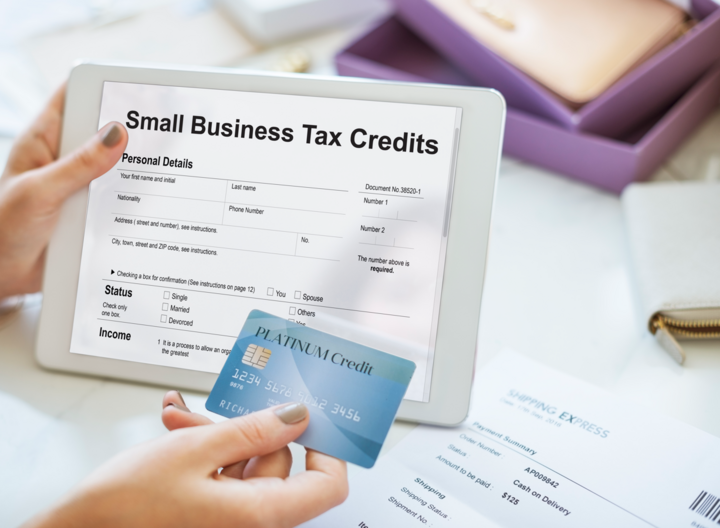Credit card debt is at its highest level in six years. The average credit card balance among households with debt stands at nearly $16,000. Everyone who is weighed down by debt wants to get out of it; however, this can prove to be a daunting task. The more debts you have, the more daunting this task can become, which is why some people opt for a debt consolidation loan, which consolidates some or all of your liabilities into one, hopefully at an overall lower interest rate than what you had been paying.
Here are some other steps that you can follow to deal with debt if you have multiple liabilities.
Classify Your Liability: Debt may be secured, meaning it has some asset tied to it, such as a home that may be repossessed if you don’t pay as contracted. Debt can also be unsecured, such as credit card debt. Let’s say you have a mortgage and a large amount of credit card debt, which should you pay off first? If you can’t afford both payments, you should focus on the secured loan because in case you default, you may be left without a place to live. If you can afford both, you should pay down the credit card balance – unsecured loans generally carry a higher rate of interest compared to secured loans.
Consider Interest Rates: While deciding between credit cards, student loans and personal loans, it’s often a wise idea to consider interest rates. Budgeting money towards high interest loans such as credit cards can stop the problem from increasing further. However, care must be taken to make minimum payments on student debt as well. Defaulting on student debt can be extremely dangerous, as education debt is rarely able to be discharged in bankruptcy and missing payments can lead to wage garnishment.
Make Your Own Decision: If you have more than one credit card, how do you decide which credit card to pay off first? Some people are of the opinion that credit cards charging the highest interest rates should be tackled first. Others recommend choosing the one with the smallest balance; paying off the first card has a psychological benefit – it encourages you to keep going. Your decision should depend on what makes you feel more comfortable.
Create a Plan: Achieving a goal requires a plan. Create a plan detailing which debt you will tackle first and how much money you will set aside towards paying down the outstanding balance. Calculate your budget with all monthly expenses and figure out all the debt you have. Create a budget in line with debt payments and try and pay as much as you can afford. Make it a habit to pay your debt on time. This will help boost your credit score as well.
Another question that leaves most people stumped is whether you should hold off on saving until all your debt is paid off. Since every individual’s situation is different, there is no clear solution to this dilemma. However, it is always a good idea to pay down debt in a systematic way while at the same time building up retirement funds and investing in things like a home. The latter can reinforce sound spending and savings habits which continue to pay dividends in the long run. Of course, if you have a balance on a credit card or other loan with an extremely high rate, paying it off may be more exigent than investing in retirement. The decision must be one of balance and in sync with the individual’s financial position.
With a little bit of effort and alertness, you can successfully bring your debts to manageable levels. At Fund&Grow, we have a specially trained team that can help you with all your financing requirements. We are grateful for the opportunity to use our skills and industry-insider knowledge to provide our clients with good credit at extremely reasonable terms. We offer the best deals in the market, and money back guarantee on services. Contact us to know how you can benefit from your association with us.
Popular Posts
Instantly Pre-Qualify
Want Actionable Information, Tools and Resources To Quickly Acquire Business Capital, Credit and Funding?
I take tremendous pride in building positive and lasting relationships in my businesses and personal life. Every member of my team is committed to helping our clients get the maximum amount of funding possible and achieve their highest growth potential.



 Share
Share









